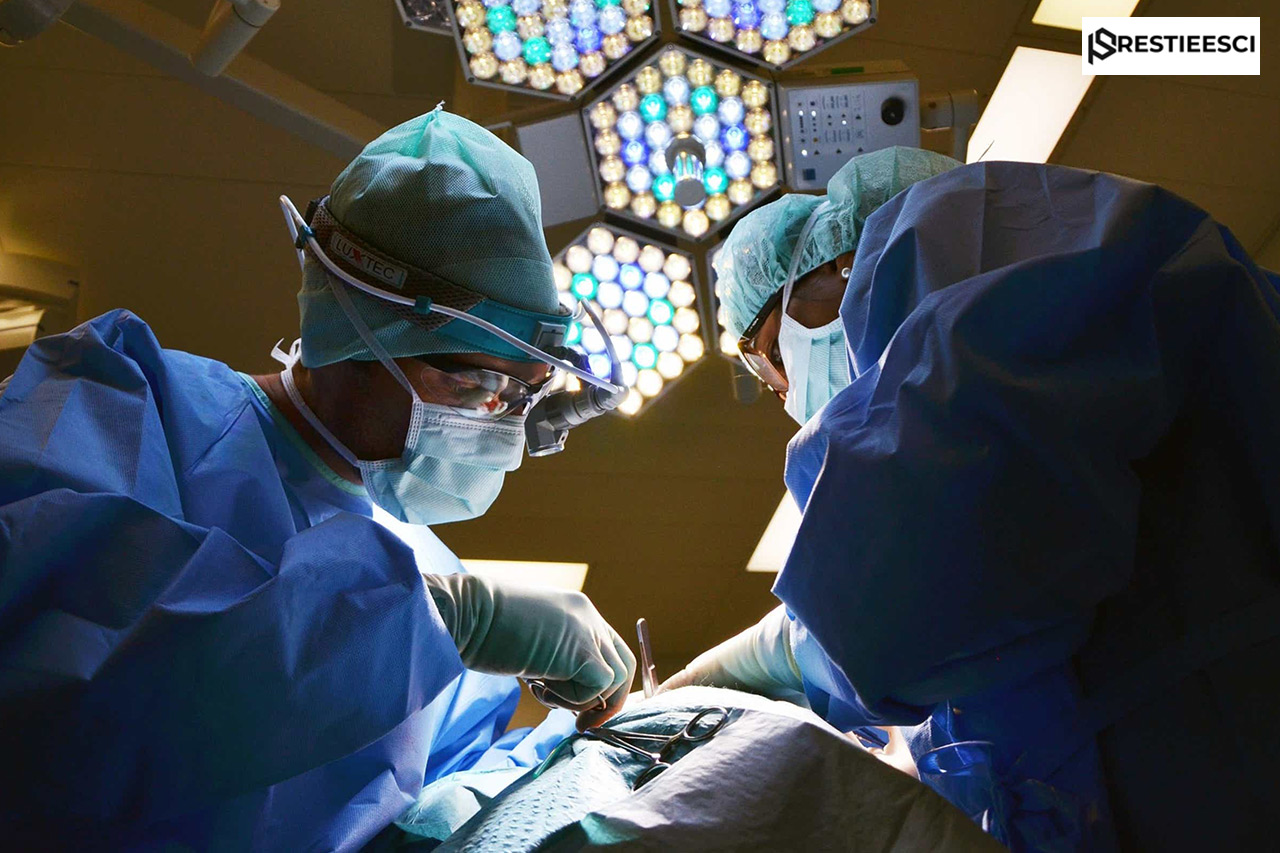Neurosurgery is a specialized branch of medicine that deals with the diagnosis and treatment of conditions and diseases that affect the brain, spinal cord, and nervous system. A neurosurgeon is a medical professional who specializes in the surgical treatment of these conditions. In this blog, we will explore what a neurosurgeon does, their qualifications, and the different conditions they treat.
Qualifications of a Neurosurgeon
Becoming a neurosurgeon requires extensive education and training. To become a neurosurgeon, an individual must first obtain a Bachelor’s degree, followed by four years of medical school. After this, they must complete a six to seven-year neurosurgery residency program, which includes training in various surgical techniques and procedures, as well as extensive clinical experience.
In addition to the residency program, many neurosurgeons also complete a fellowship in a specific area of neurosurgery, such as pediatric neurosurgery, neuro-oncology, or functional neurosurgery. This additional training allows them to specialize in a specific area of neurosurgery and become experts in that field.
Conditions Treated by Neurosurgeons
Neurosurgeons diagnose and treat a wide range of conditions that affect the nervous system. Some of the most common conditions they treat include:
- Brain Tumors: A brain tumor is a mass of abnormal cells that grows in the brain. Neurosurgeons can remove brain tumors using various surgical techniques, such as craniotomy, endoscopic surgery, or stereotactic radiosurgery.
- Spinal Disorders: Spinal disorders, such as herniated discs, spinal stenosis, or spinal cord injuries, can cause back pain, numbness, or weakness. Neurosurgeons can perform surgery to relieve pressure on the spinal cord or nerves and improve mobility.
- Epilepsy: Epilepsy is a neurological disorder that causes seizures. Neurosurgeons can perform a surgical procedure called a lobectomy to remove the part of the brain that is causing seizures and improve a patient’s quality of life.
- Movement Disorders: Movement disorders, such as Parkinson’s disease or essential tremors, can cause involuntary movements, tremors, or stiffness. Neurosurgeons can perform deep brain stimulation (DBS) surgery to implant a device that stimulates specific areas of the brain and reduces symptoms.
- Traumatic Brain Injury: Traumatic brain injury (TBI) can occur due to a blow or jolt to the head, causing brain damage. Neurosurgeons can perform surgery to remove blood clots or relieve pressure on the brain and prevent further damage.
- Cerebrovascular Disorders: Cerebrovascular disorders, such as aneurysms, arteriovenous malformations (AVMs), or strokes, can cause damage to blood vessels in the brain. Neurosurgeons can perform surgery to repair blood vessels or remove AVMs and prevent further damage to the brain.
- Peripheral Nerve Disorders: Peripheral nerve disorders, such as carpal tunnel syndrome or nerve injuries, can cause pain, numbness, or weakness in the arms or legs. Neurosurgeons can perform surgery to repair or reconstruct damaged nerves and improve mobility.
Surgical Techniques Used by Neurosurgeons
Neurosurgeons use various surgical techniques to treat conditions that affect the nervous system. Some of the most common surgical techniques used by neurosurgeons include:
- Craniotomy: Craniotomy is a surgical procedure in which a neurosurgeon removes a part of the skull to access the brain and perform surgery.
- Endoscopic Surgery: Endoscopic surgery is a minimally invasive surgical technique that uses an endoscope, a thin, flexible tube with a camera and light, to


